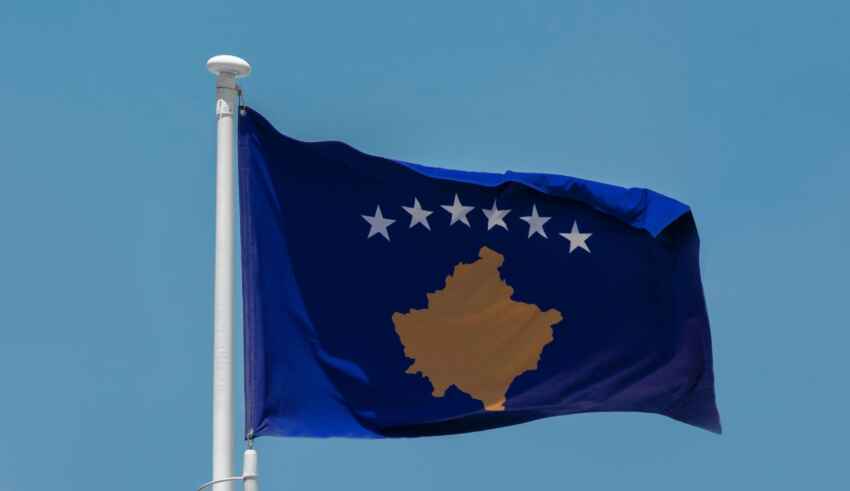
The issue of the recognition of the independence of Kosovo has been a challenge for the EU for more than a decade now. Still to this day, five Member States, naming Cyprus, Greece, Romania, Slovakia, and Spain refuse to recognize Kosovo’s unilateral declaration of independence of 17 February 2008. However, it was in Spain v. Commission that, for the first time, a Member State called for the annulment of a Commission’s decision before the European Courts concerning the participation of Kosovo’s National Regulatory Authority (NRA) in the Body of European Regulators for Electronic Communications (BEREC).
In March of 2019, the European Commission, with the goal of strengthening the cooperation of the EU with the Western Balkans in the field of electronic communications, adopted, among others, a decision on the participation of Kosovo’s NRA in BEREC, according to Article 35(1) of Regulation 2018/971, which provided the cooperation of BEREC with “competent authorities of third countries”. Spain, which strongly opposes Kosovo’s independence, brought the case before the General Court of the EU, challenging the validity of the Commission’s decision. It claimed that, since Kosovo is not considered a “third country”, such a decision violates Article 35(1) of the Regulation, thus there was never an agreement for the participation of Kosovo’s NRA in BEREC. According to Spain, those eligible to participate in BEREC, based on the Regulation, are only authorities that have a close link to an organization with the nature of a State, and Kosovo’s NRA does not meet such requirements.
In its judgment, the GCEU examined two issues; the status of Kosovo as a possible participant in BEREC and the validity of the agreement between the EU and the European Atomic Energy Community, on the one part, and Kosovo, on the other, according to Article 35(1) of the Regulation. The General Court made a distinction between the concept of a “third State” and a “third country”, concluding that, under TFEU, these two terms are not the same, as the latter is broader, including entities “other than States”. Thus, the Court affirmed that Kosovo does fall within the concept of “third countries”, and the Kosovo SAA is considered a valid agreement. That is the first time that the GCEU referred to the differences between a “country” and a “state”, establishing that countries, like States, are legal persons with legal obligations and rights, capable of reaching agreements under public international law.
Spain challenged the GCEU decision, arguing that the terms of a “country” and a “state” do not defer under international law. The judgment that the Court of Justice of the European Union delivered just a few days ago introduced a different approach. The Court, based on Spain’s argument, clarified that there are no actual differences between the two concepts in question, as can be seen by the interchangeable way that the terms are used in EU treaties. However, the CJEU concluded that Kosovo could be considered a country under Article 35.2 of Regulation 2018/1971 on the cooperation of BEREC with third countries without an effect on the Member State’s perspective on the status of Kosovo as an independent State.
CJEU’s judgment has particular importance for both international law and Kosovo. As far as international law is concerned, the Court clarified the concepts of “country” and “State”, while concerning Kosovo, the judgment confirmed that the issue of recognition of a State does not affect its participation in international mechanisms.
By The European Institute for International Law and International Relations.














